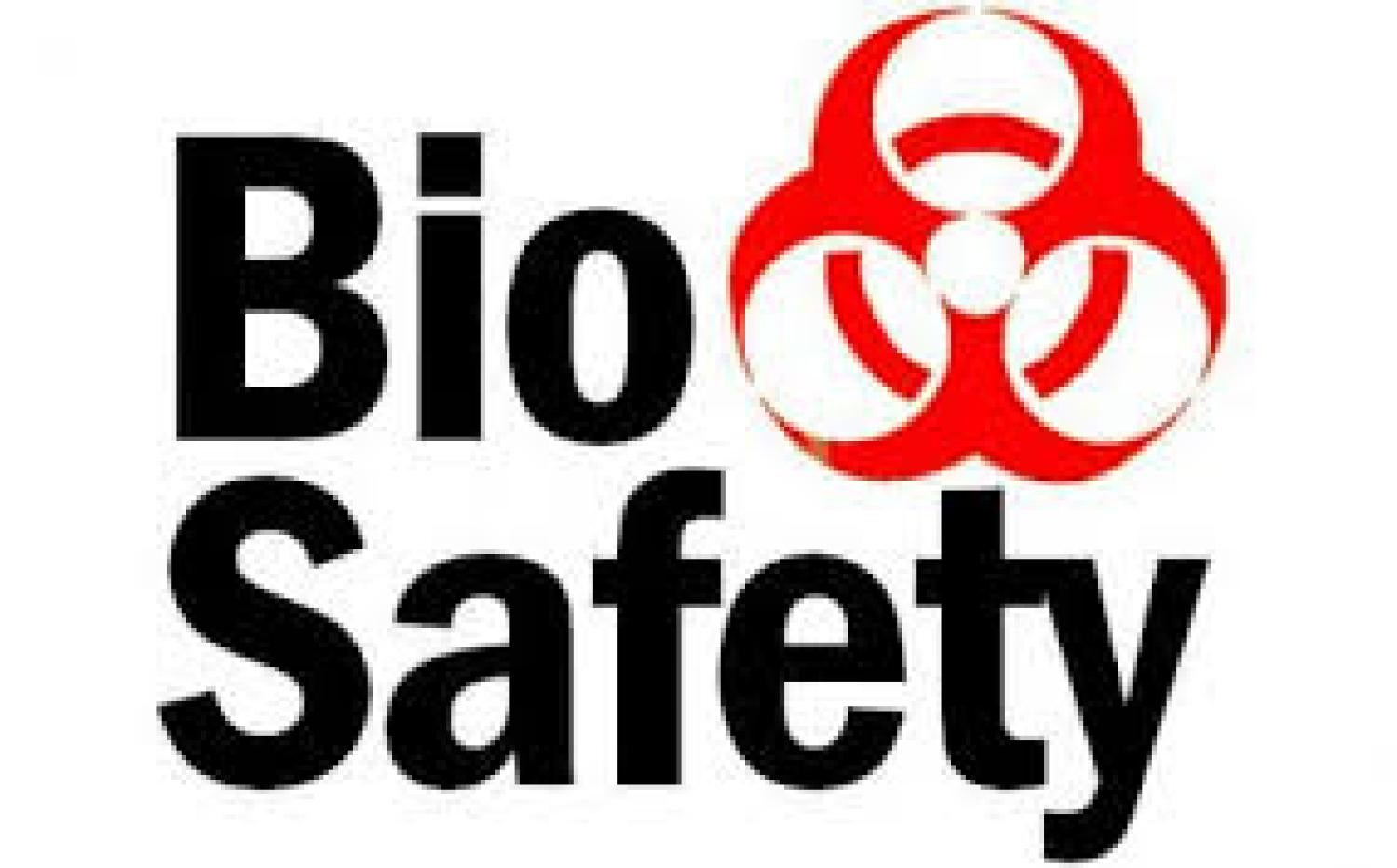Biosafety

If your research falls into this category, the EH&S Biosafety Department has all the information and training that you will need to comply with the campus program. Start here: EHS Biosafety
Operational Support
The Department is here to assist with meeting the requirements set forth by the campus Biosafety Officer for our department members. As part of this effort, some different operation measures have been put into place.
- Autoclaves - an annual maintenance agreement has been contracted to service and maintain the equipment in the Cristol building. In addition, quarterly sterilization verification tests are performed on each unit to assure the equipment is operating correctly.
- Biosafety Cabinets - annual certifications are required on these units. The Building Proctor can assist with vendor coordination and completion of the equipment certification.
- Lab Coat Laundering Service - cleanable lab coats are required under the Biosafety Plan. In order to meet this requirement, the department has contracted a laundry service company to provide clean lab coats for all biosafety users.
Accidental Exposures
From a Safety prospective, we want everyone to stay safe while working with these biohazards and to not become exposed to any of these agents. However, accidents can happen and it is important to know what to do and where to get help.
If you have had a needlestick or an exposure to a Bloodborne Pathogen, seek medical help right away.
- Employees can seek medical care at any of the designated providers under Risk Management's Worker's compensation webpage
- Students can seek medical care through their healthcare provider.
If you are employed by the University, a Worker's Comp Claim must be filed out with Risk Management within 4 days of the incident. You can find the form on the Risk management webpage. Be sure to inform your PI and the Biosafety Officer of the incident.
Proactive Measures
The Hepatitis B Vaccination is required to work with Biohazardous agents. Vaccinations consist of 3 innoculations over a 6 month period. Vaccinations are provided by the University to those employees working with agents and must be started within the first 10 days of working with a hazard. Employees can decline the vaccination, however they must sign a declination form and turn it into EH&S.
Hep B vaccinations can last a long time, however sometimes a booster needs to be given. In order to check the potency of the vaccination, a titer check should be performed every 5 years and a booster administered if needed. See your healthcare provider to inquire about this test.

